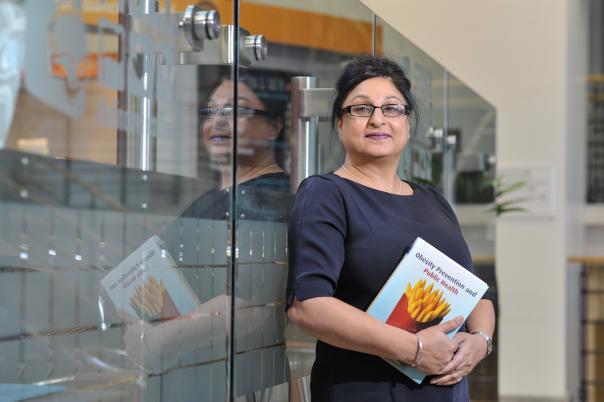Children think school meals should be healthier – new study reveals

A new study from Leeds Beckett University has found that school meals are frequently ‘unhealthy’, ‘fatty’ or ‘soggy’, according to the children who eat them.
The research, published in the November 2015 edition of the British Journal of Nutrition, found that pupils expected school meals to be just as ‘healthy’ as the meals provided at home.
In the study, the researchers ran focus groups in eight schools in a city in Northern England with 128 primary school pupils, half of which were aged 7-8 years (Year 3) and half of which were aged 9-10 years (Year 5).
Additionally, in-depth interviews took place with six catering managers and five head teachers.
Professor Pinki Sahota said: “Some good practices in place that we noted included a Nutrition Action Group in place in one school, providing opportunity for pupils to raise suggestions regarding the food provision.
“Another school had strategies in place to involve parents in healthy eating activities. Teachers were encouraged to eat with the pupils in two schools, acting as positive role models for good eating behaviours.
“We found that the smaller schools only had to make a few amendments to accommodate the new UIFSM scheme.
“The larger schools, however, had to make major kitchen refurbishments, recruit new catering staff, increase working hours and rethink the structure of the school day to allow for the increased number of children needing to be served. One school reported going from 120 to 270 school meals a day.”
Catering managers reported that their schools aimed to provide a nutritious healthy meal daily in line with nutritional standards but that ensuring children liked the meal choices could take precedence over the healthiness of meals.
All schools provided fruit daily and most catering managers said that meals were usually freshly prepared daily rarely relying on frozen options.
However, one school carried out catering for 14 other schools in the vicinity, which had an impact on the quality and healthiness of the foods.
Lead researcher Rhiannon Day said: “Catering managers perceived that pupils have considerable input into their menu choices but in fact many younger pupils reported that their parents had more influence and that they would often have to convince parents to let them have certain menu options or buy certain foods at home.
“One of our recommendations is that parents need to be more involved in educational school food programmes. We also recommend that pupils have greater participation in school meal provision as they have useful ideas about how to make healthy foods more appealing to them.
“They need guidance when making their choices in the dining room and to receive age-appropriate portion sizes. Regular opportunities to taste new and different healthy foods and rewards for making healthy choices could also act as encouragement.”
Other concerns reported by catering managers included having to use more processed foods or sandwiches to meet raised targets and make up numbers and the lunchtime experience becoming rushed through the increased numbers of pupils.
Headteachers were more positive, commenting that the scheme would increase the pupils’ productivity and allow parents with two pupils to be able to afford for both to have school dinners.
